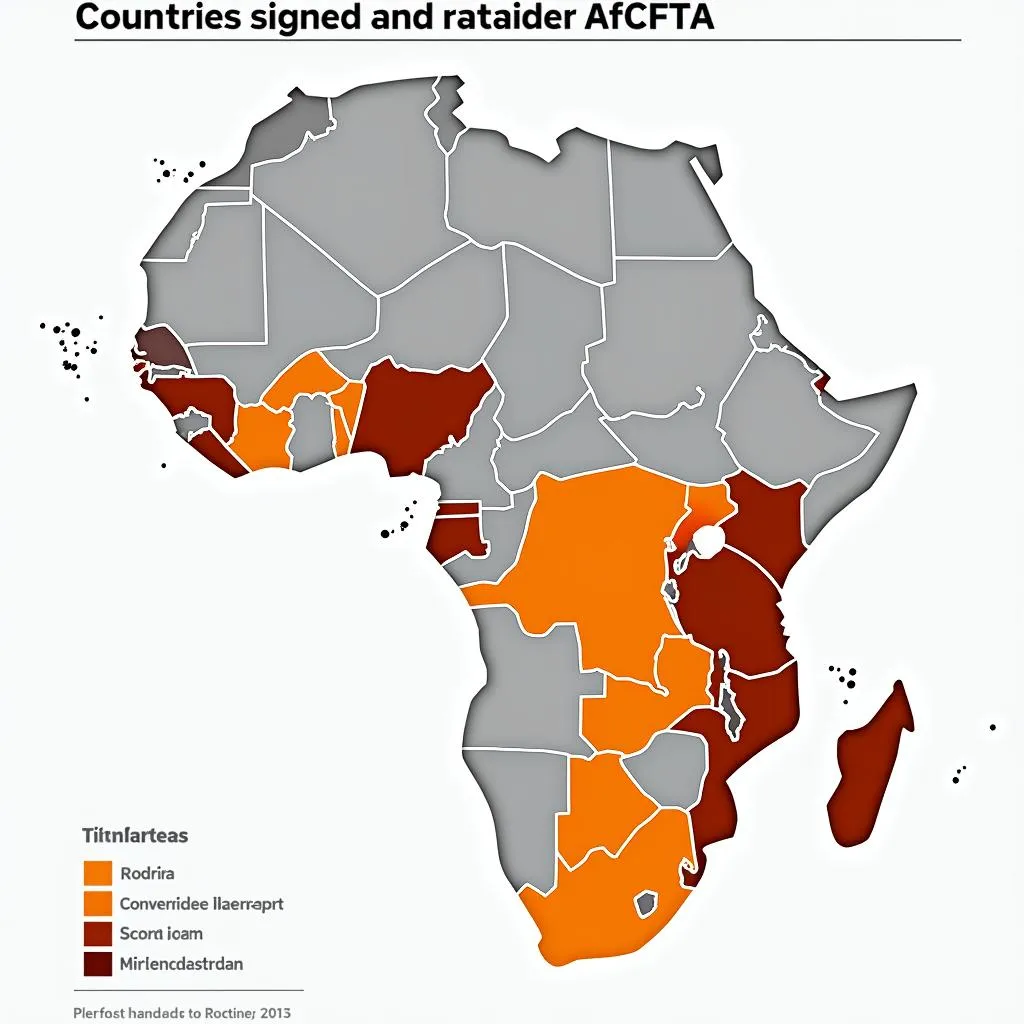Exploring the Mystique of the African Face Mask
African Face Masks are more than just decorative objects; they are powerful symbols of cultural heritage, spiritual beliefs, and artistic expression. These intricately crafted pieces offer a glimpse into the rich traditions and diverse communities that span the African continent. From ceremonial dances to theatrical performances, African face masks play a vital role in storytelling and social commentary, making them a captivating subject of study. Learn about the intricacies of the African face mask, delving into their history, symbolism, and enduring legacy.
Unveiling the History of African Face Masks
African face masks have a long and storied history, dating back centuries. They have been integral to various ceremonies, rituals, and social events across different African cultures. These masks were not merely decorative items; they held profound spiritual and social significance, representing ancestors, deities, or important figures within the community. For instance, masks were often used in initiation rites, funerals, and harvest festivals, serving as a conduit between the physical and spiritual realms. The craftsmanship and symbolism varied greatly depending on the specific region and ethnic group, showcasing the incredible diversity of artistic traditions across the continent. You can even find drawings of these masks online. See more at african face mask drawing.
Decoding the Symbolism of African Face Masks
The symbolism embedded within African face masks is rich and complex. Each mask tells a story, conveying messages about social status, moral values, and spiritual beliefs. Animal imagery, for example, often represents specific qualities associated with the animal, such as strength, wisdom, or cunning. Geometric patterns and abstract designs can hold deeper meanings related to cosmology, ancestry, or the natural world. Understanding these symbolic elements provides a deeper appreciation for the artistry and cultural significance of these remarkable objects. What do African masks symbolize? They symbolize a connection to the spiritual world, ancestral reverence, and social values within a specific culture.
The structure of the human face has also inspired African artists, leading to unique and stylistic representations in masks. African face structure has played an important role in mask design.
The Materials and Techniques of African Mask Making
African face masks are crafted from a variety of materials, reflecting the resources available in different regions. Wood is a common choice, with different types of wood selected for their specific properties and durability. Other materials include metal, ivory, bone, feathers, and textiles. The creation of an African face mask is a meticulous process involving skilled artisans who employ traditional techniques passed down through generations. Carving, painting, and embellishment are all part of the artistic process, resulting in unique and expressive pieces that reflect the cultural identity of the maker.
The Enduring Legacy of African Face Masks in the Modern World
African face masks continue to inspire artists, designers, and collectors around the world. Their influence can be seen in contemporary art, fashion, and design, demonstrating their enduring appeal and artistic significance. Museums and galleries showcase these extraordinary objects, preserving their cultural heritage for future generations. Despite the challenges of globalization and cultural change, African face masks remain powerful symbols of identity and artistic expression. What is the significance of African masks today? They serve as a testament to the rich cultural heritage of Africa, inspiring artistic expression and cultural preservation worldwide. Have you ever wondered what an African doctoros face mask might look like? Check it out: african doctoros face mask. There’s even an image of the african doctoros team face mask online.
In conclusion, African face masks are far more than just artifacts; they are living expressions of culture, spirituality, and artistic ingenuity. From their historical significance in traditional ceremonies to their enduring legacy in the modern world, these masks offer a profound window into the diverse cultures of Africa. Exploring the mystique of the African face mask is a journey into a world of rich symbolism, artistic mastery, and cultural heritage.
FAQ
- What are African masks made of? African masks are made from various materials like wood, metal, ivory, bone, feathers, and textiles.
- What is the purpose of African masks? They serve ceremonial, ritualistic, and social purposes, representing ancestors, deities, and social values.
- What do the colors on African masks represent? Colors hold symbolic meaning, often related to specific elements, spirits, or social roles.
- How are African masks made? Skilled artisans carve, paint, and embellish masks using traditional techniques.
- Where can I see African masks? Museums, galleries, and cultural centers around the world showcase African masks.
- Are African masks still used today? Yes, they are still used in some traditional ceremonies and have inspired contemporary art.
- What is the cultural significance of African masks? They represent a vital part of African heritage, connecting communities to their ancestors and beliefs.
Possible related queries:
- How to identify authentic African masks?
- The role of masks in African theatre.
- The impact of colonialism on African mask making.
- Famous African mask artists.
For assistance, please contact us at +255768904061, email kaka.mag@gmail.com, or visit us at Mbarali DC Mawindi, Kangaga, Tanzania. Our customer service team is available 24/7.


